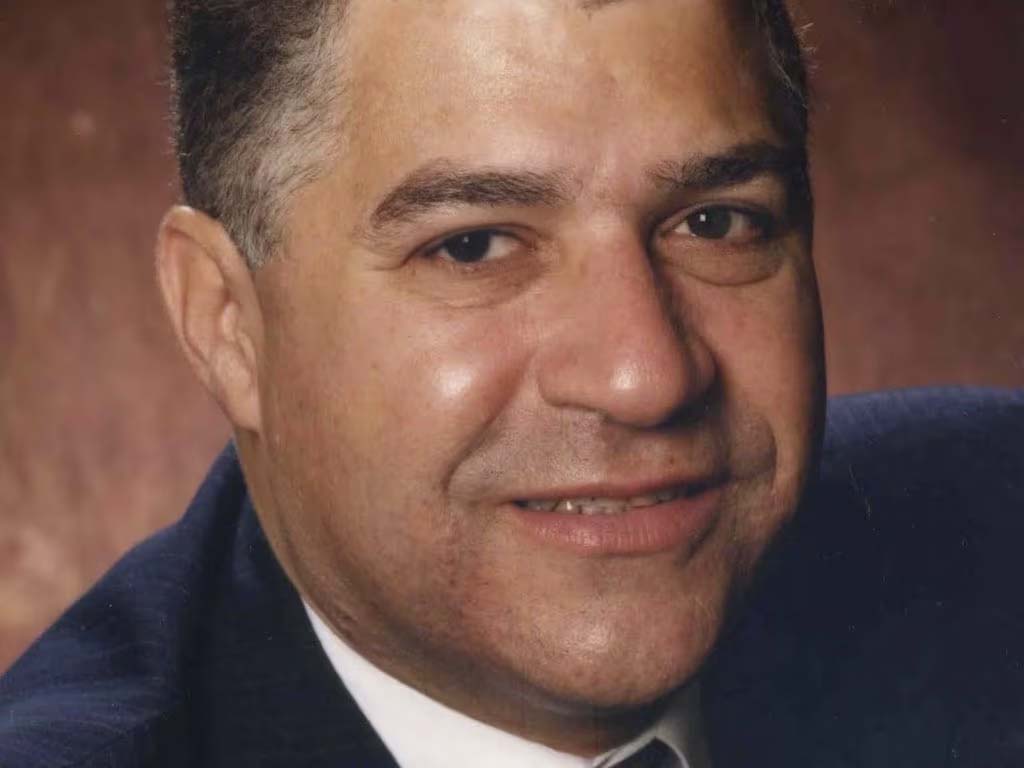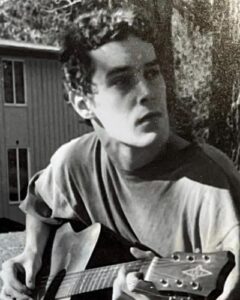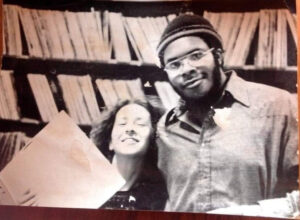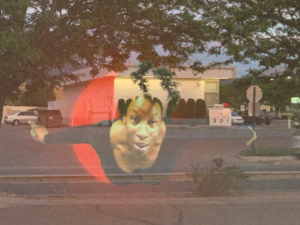By Cody Pherigo
Diane Ackerman explores the history and deeper workings of play and how it is entangled with the creative process in her book Deep Play.
She opens with a definition and a premise:
PLAY. It is an activity which proceeds within certain limits of time and space, in a visible order, according to rules freely accepted, and outside the sphere of necessity or material utility. The play-mood is one of rapture and enthusiasm, and is sacred or festive in accordance with the occasion. A feeling of exaltation and tension accompanies the action.
–Johan Huizinga, Homo Ludens
Everyone understands play. If I were in the park, and a girl invited me to play beanbag toss, she might well get bored if I seemed clumsy and slow…. But why play at all? Every element of the human saga requires play. We evolved through play. … Language is a playing with words until they can impersonate physical objects and abstract ideas.
–Ackerman

Ackerman suggests that play is a way to evolve, involving the sacred.
From all these takes on play, combined somewhat, is play as translation.
Translating wishes, messages of the body to action, animalistic.
Animals have call signs, or scents, and so poets develop unique style—that is their best and favorite way to play upon metaphoric pages of soil, rock, and greenery.
There is a balance between keeping some rules (i.e. letters of an agreed-upon alphabet) and pushing past conformity—perhaps the latter is the tension Ackerman references in her definition.
Animals explore and test their surroundings, and so, experiment with their surroundings, and its inhabitants.
The place of deep play that Ackerman explores is perhaps where embodiment is captured into words.
Poets experiment on every level: each time we write, it is fetal. The underlying drive of this learning process can become an act of disobedience.
Alice Notley touches on her encounters with poetic disobedience in her essay “The Poetics of Disobedience (1998)”:
It’s necessary to maintain a state of disobedience against… everything. One must remain somehow, though how, open to any subject or form in principle, open to the possibility of liking, open to the possibility of using.
–Ackerman
In poetry, this space can be room for growth, wiggle room, flexibility as an animate thing.
There is no exact measurement of play, such as, “Three cups of play, please. A yard of play.”
Play is a game. The writer in the world is simply (per Merriam-Webster, alternatively: “one component of a complex; specifically: an unanalyzable constituent.”) a conscious chess piece.
 Cody Pherigo is a queer writing animal from Kalamazoo, MI, who found his throat at Bent Writing Institute in 2008. He has performed at many Seattle venues, and been published in various print and online journals, including Original Plumbing, Milk Sugar, The James Franco Review, and the anthology Gay City: Volume Six, and has two self-published chapbooks, Blue Thunder Children and Animal’s Sabbath. Cody completed the EDGE Writers Professional Development Program through Artist Trust in 2010, and a Poetry Publishing Internship at Copper Canyon Press in 2014. He is a recent graduate of Goddard College’s MFA program (class of 2015). To contact Cody please email: cody.pherigo@gmail.com.
Cody Pherigo is a queer writing animal from Kalamazoo, MI, who found his throat at Bent Writing Institute in 2008. He has performed at many Seattle venues, and been published in various print and online journals, including Original Plumbing, Milk Sugar, The James Franco Review, and the anthology Gay City: Volume Six, and has two self-published chapbooks, Blue Thunder Children and Animal’s Sabbath. Cody completed the EDGE Writers Professional Development Program through Artist Trust in 2010, and a Poetry Publishing Internship at Copper Canyon Press in 2014. He is a recent graduate of Goddard College’s MFA program (class of 2015). To contact Cody please email: cody.pherigo@gmail.com.







